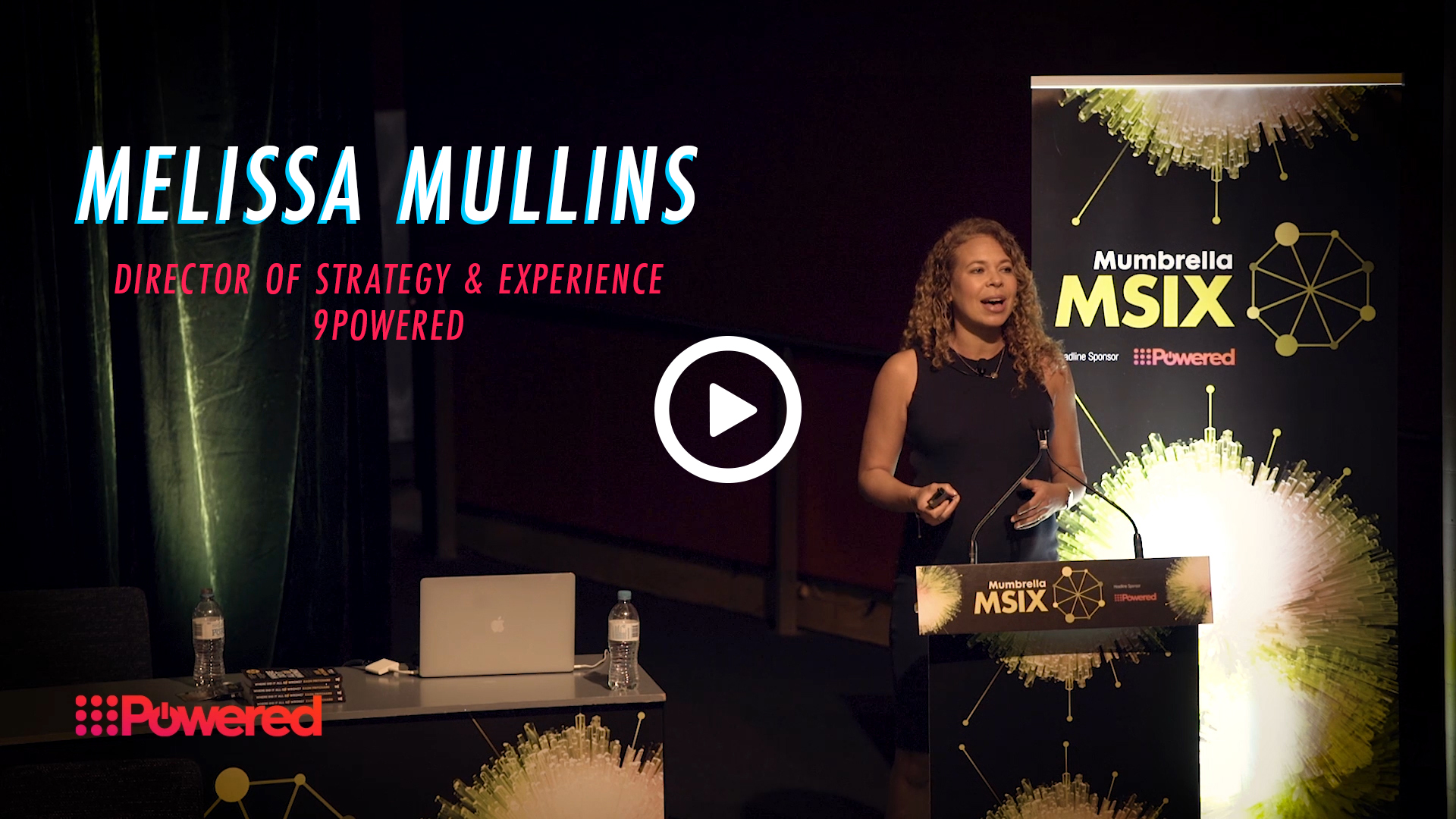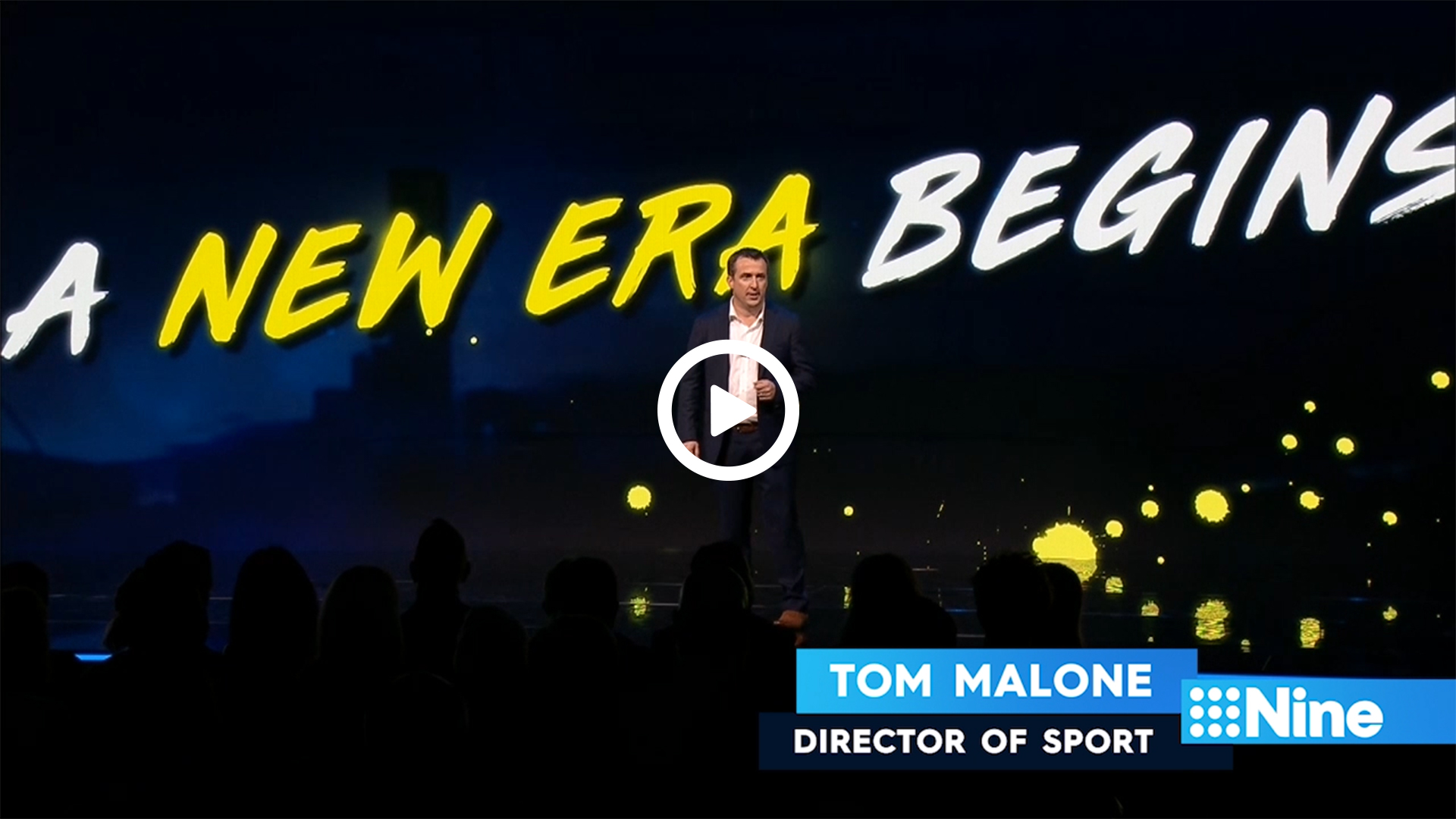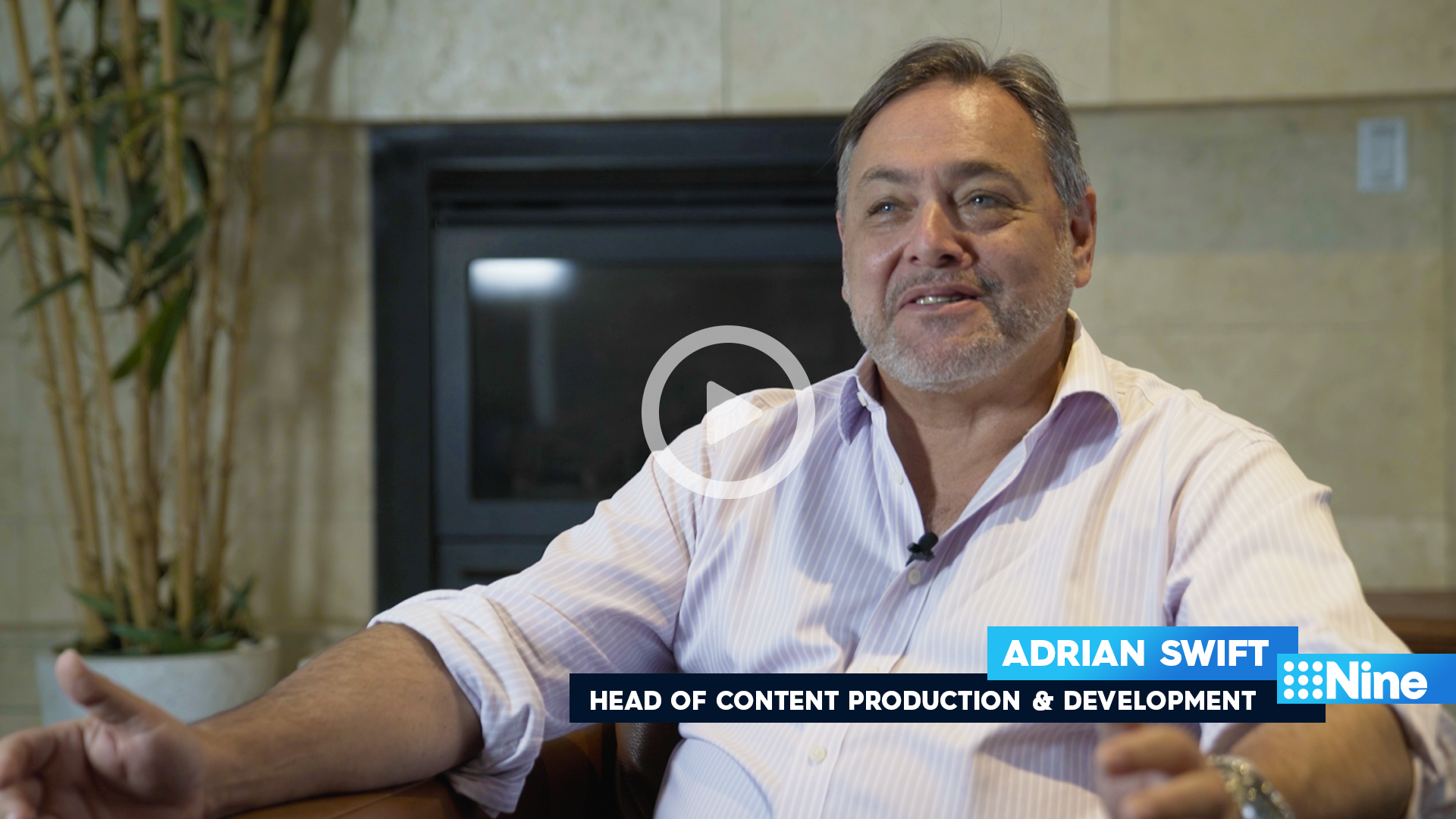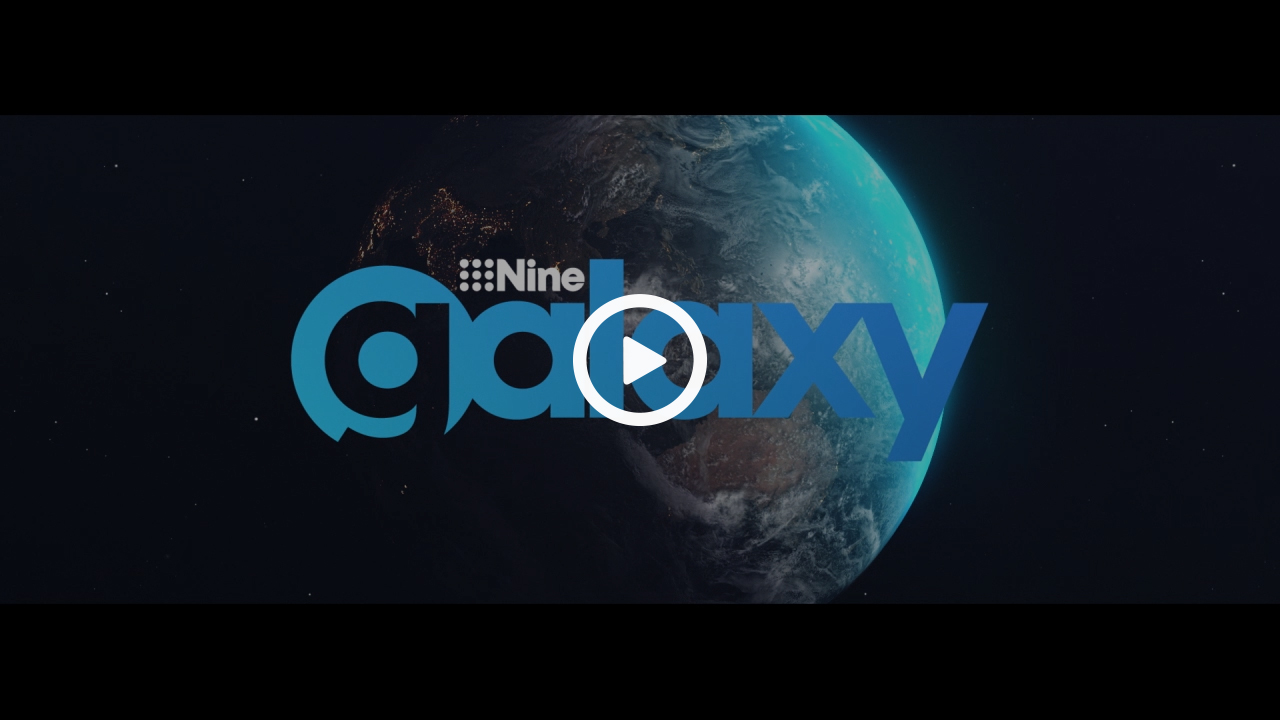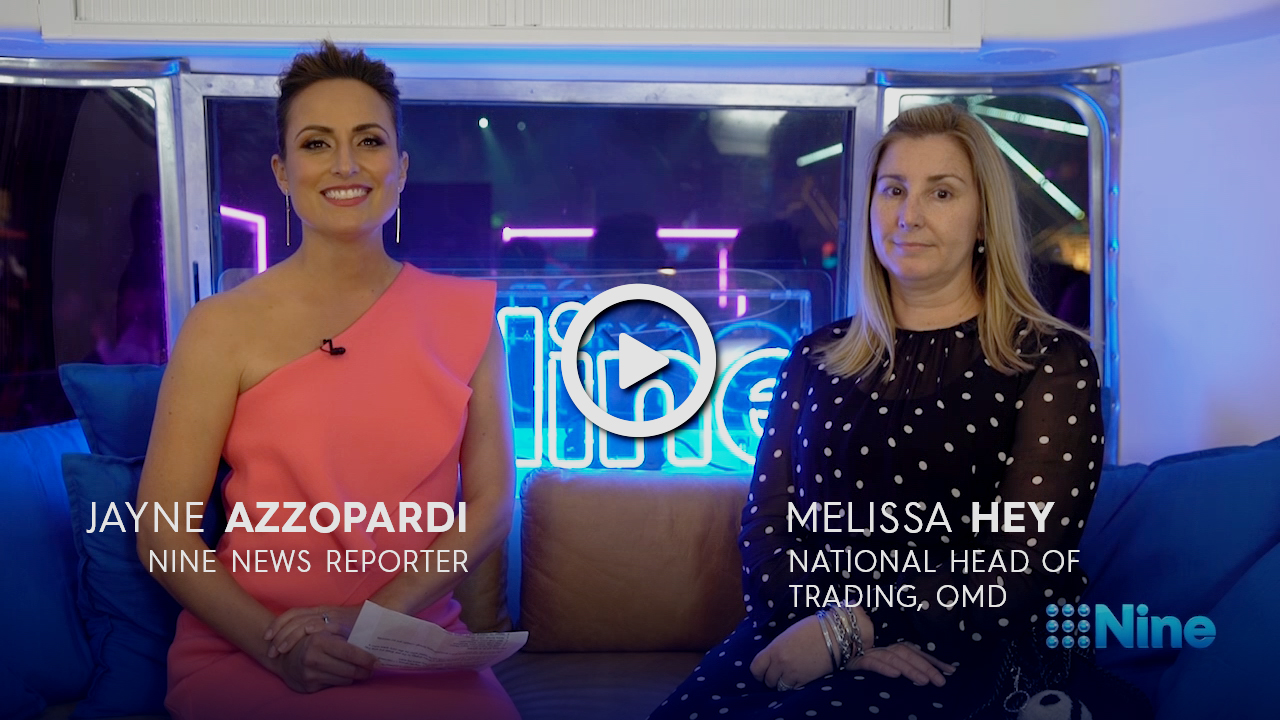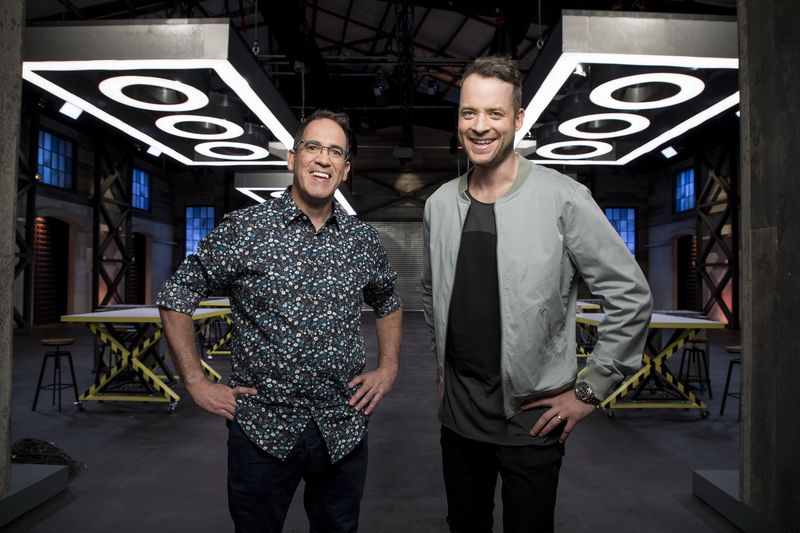If you want to recap on the insights that underpin smash hit shows like Love Island and Married at First Sight, revisit 9Powered’s Director of Strategy, Melissa Mullins presentation from the recent Mumbrella MSIX Conference. Here she provided an insightful look into modern-day love, and how dating and relationship shows have become a reflection of our Australian culture, driving the conversation with millions of Australians every night.
Underpinned by the qualitative and quantitative study – Love is a (New) Batttlefield, commissioned by 9Powered, dissected the science behind why we love to watch love on our screens and how marketers can play a more credible role in this content genre.
The study – Love Is the (New) Battlefield –highlights how technology has transformed the dating game, with apps like Tinder, Bumble and Grindr making people more selective about what they are looking for in a partner, and the television dating genre used as a way of learning more about relationships and dating.
Among the 500 respondents who are single and watched dating shows, some 54 per cent say they “learn about relationships from reality TV shows about love”, while 48 per cent say “you feel reassured that there are other people who are also looking for love”. Just over one-third (37 per cent) say “you can see yourself and your relationship in reality TV shows about love”.
“Dating and relationships are really part of the cultural zeitgeist at the moment with shows like Married at First Sight drawing audiences of millions of Australians,” said Mullins. “Marketers advertising in and around these shows need to recognise how technology has changed the dating scene and the commercial opportunity this creates.”
The study also illustrates how Australians see reality dating shows as metaphors for their real-life experiences, founded on the hardships of contemporary dating culture. Respondents noted how a program like Married at First Sight highlights “the struggles of making love work after you’ve found yourself in a relationship”, Love Island highlights the challenge people face being “overlooked because of superficial judgements”, while shows like Bachelor/Bachelorette exemplify the difficultly of “trying to cut through in an over cluttered, highly competitive dating pool”.
“What the research found is that reality dating shows often provide both entertainment and education, with viewers looking to see their own experiences echoed on screen,” said Mullins.
For marketers operating in this space, Mullins argues that there is an opportunity to both celebrate singledom and knowledge the challenges single people face in the modern search for love.
“The irony is that technology designed to bring us together, is actually tearing us apart and creating mistrust. For example, one in three online or app daters reporting they met someone who was completely different to their online profile, while one in four said they had been ‘ghosted’ – where the person they were chatting to disappears from the app.
“Marketers need to recognise and acknowledge these challenges. In doing so, there is an opportunity to have a real conversation about the online dating and harness the relationships genre and drive a connection between their brand and consumers in better ways.”
The survey of 500 respondents, conducted by research firm The Lab Insight & Strategy, also found that nine out of ten singles said they were not embarrassed by being single and were proud to use dating apps and sites.
“The reality is that the dating game has radically changed in recent years through technology and the growth of the reality TV dating genre,” said Mullins. “This creates a very different landscape for marketers and brands but also immense opportunities.”


